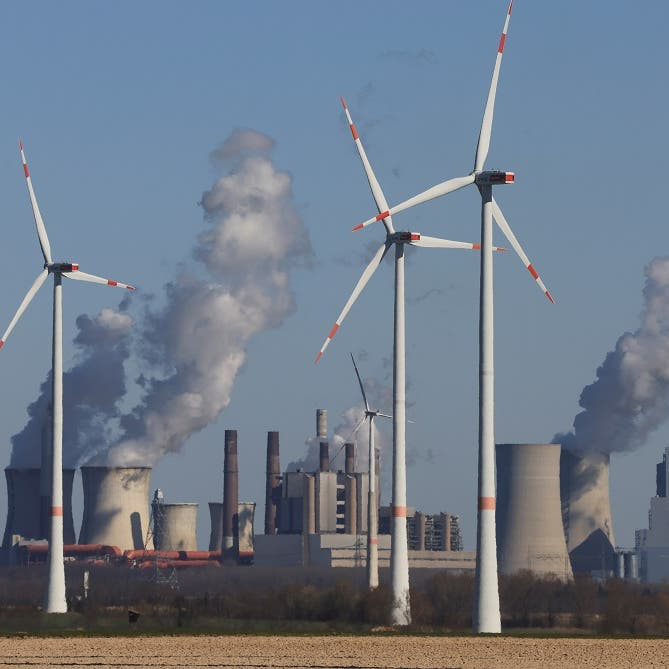The World Economic Forum (WEF) 2024 Annual Meetings in Davos witnessed the launch of a new alliance of ministers and CEOs to unlock the funding needed for the Global South’s clean energy transition.
The “Network to Mobilise Clean Energy Investment for the Global South” is composed of more than 20 leaders from the public and private sectors, including representatives from Colombia, Egypt, India, Japan, Malaysia, Morocco, Namibia, Nigeria, Norway, Kenya and South Africa.
The network aims to provide a collaborative space for its members to accelerate clean energy capital solutions in emerging market contexts – through innovative policies, new business models, de-risking tools, and finance mechanisms – and exchange best practices for attracting sustainable flows of clean energy capital.
According to the WEF, accelerating the clean energy transition is imperative to address the climate emergency, but current investment levels remain far below the scale required. The WEF also said that unlocking this financing today is not only a key first step towards a secure and equitable energy system tomorrow, but represents a clear opportunity for businesses, as emerging economies account for the lion’s share of the global population.
The WEF’s initiative comes at a time when many developing countries are facing energy supply challenges, especially in Africa. The latest Executive Opinion Survey (EOS) of the WEF identified energy supply shortage as one of the top five risks facing South Africa, along with economic downturn, unemployment, State fragility, and water supply shortages.
South Africa’s long-standing energy deficit has forced Eskom, the state-owned electricity utility, to implement up to 10 hours a day of rotational power cuts, which has crippled business and economic activity. Eskom does not have the balance sheet to fund new generation projects and has been relying on government bailouts to stay afloat.
The WEF also released a report that outlined a framework to guide policy-makers and business leaders from the energy sector towards a just, equitable, and inclusive energy transition, particularly in developing economies which account for less than one-fifth of global clean energy investments.
Egypt’s Minister of International Cooperation, Rania A. Al-Mashat, who will co-chair the network, said the overall annual investment in clean energy in the Global South needed to triple from $770 billion (R14.6 trillion) currently to $2.2-2.8trl by the early 2030s.
Al-Mashat said while recent spending had increased, it remained concentrated in a few countries and sectors, with over 90% of investment growth having occurred in advanced economies and China since 2021.
“The network will play a crucial role in bringing together public and private players to pinpoint investment needs, breaking down barriers, and unlocking practical solutions for a just, equitable, and sustainable energy transition in the Global South,” Al-Mashat said.
“This will be a new space for emerging economies to exchange best practices and lessons learned, and foster collaboration around value chain strategies, regulatory policies, and investment mechanisms.”
South Africa’s Minister of Electricity Dr Kgosientso Ramokgopa said they were working on presenting a compelling case to attract foreign investors to plough money into expanding South Africa’s electricity transmission network. South Africa needs about R390bn to aggressively expand and strengthen its transmission grid with about 14,000 km of new power lines to accommodate renewable energy that is coming online.
Standard Bank Group CEO Sim Tshabalala, in an interview with CNBC Africa on the sidelines of the WEF meetings, urged leaders in South Africa and across the continent to make it easier to do business in their countries by reducing red tape and liberalizing their economies.
He also called on African countries to reduce the risk premium associated with investing in the continent by making it easier for goods, people, and ideas to flow across the continent, implementing fiscal discipline, and improving the quality of institutions.
The WEF’s network is expected to convene regularly throughout the year and report on its progress at the next WEF Annual Meeting in 2025. The network hopes to inspire more action and collaboration to accelerate the clean energy transition in the Global South and contribute to a greener and more prosperous future for all.
Source: IOL



